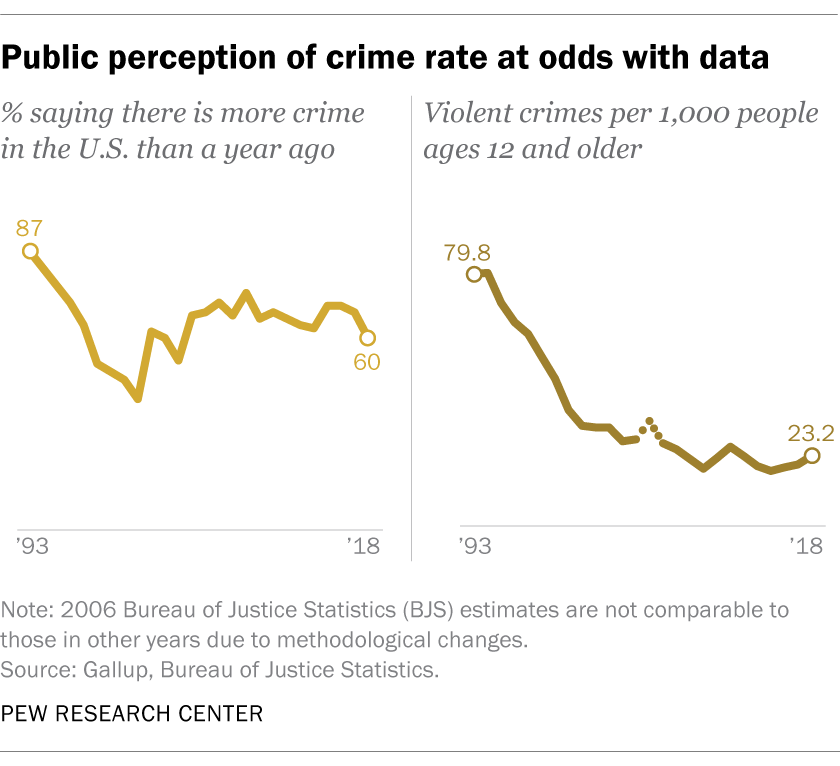
More than 11,000 scientists have "clearly and unequivocally" declared a climate emergency that could bring "untold suffering" unless there are significant transformations in the way humans live.
"Scientists have a moral obligation to clearly warn humanity of any great existential threat," the signatories, who hail from 153 countries, said in a paper published in BioScience magazine on Tuesday.
"To secure a sustainable future, we must change how we live ... [This] entails major transformations in the ways our global society functions and interacts with natural ecosystems."
The signatories suggest six steps that would lessen the worst effects of climate change: replacing fossil fuels with low-carbon renewables; reducing the emissions of pollutants such as methane; protecting the Earth's ecosystems; eating mostly plant-based foods and fewer animal products; creating a carbon-free economy and stabilising the human population.
In their statement, the alliance of scientists, led by William Ripple and Christopher Wolf of Oregon State University in the United States, said the climate crisis is "accelerating faster" than most researchers expected.
"Despite 40 years of global climate negotiations, with few exceptions, we have generally conducted business as usual and have largely failed to address this predicament," they wrote.
"Especially worrisome are potential irreversible climate tipping points and nature's reinforcing feedbacks (atmospheric, marine, and terrestrial) that could lead to a catastrophic 'hothouse Earth', well beyond the control of humans," they said.
The scientists say they are "encouraged by a recent surge of concern" over the climate crisis, demonstrated by the student-led Fridays for Future movement and other grassroots campaigns.
"As the Alliance of World Scientists, we stand ready to assist decision-makers in a just transition to a sustainable and equitable future," the paper concludes, adding that humanity should "act to sustain life on planet Earth, our only home".
'Change the trajectory'
Thomas Newsome, one of the authors of the report, said that even though some of the effects of climate change are already evident, the scientists still believe there is time to reduce greenhouse gase emissions "and hopefully change the trajectory of the graphical indicators that we presented in the paper".
Small individual changes that people make in their day-to-day lives, such as reducing meat consumption, reducing air travel and using renewable enerfy sources are going to make "larger scale impacts," Newsome told Al Jazeera from Sydney.
Small individual changes that people make in their day-to-day lives, such as reducing meat consumption, reducing air travel and using renewable enerfy sources are going to make "larger scale impacts," Newsome told Al Jazeera from Sydney.
"It's also going to influence policy makers, business communities and governments to really start taking the much bigger steps that are needed at a global scale to tackle this problem of climate change.
"All of the indicators in our paper are heading in the wrong direction and we are clear in advocating for global action against - what we are calling - a climate emergency."
"All of the indicators in our paper are heading in the wrong direction and we are clear in advocating for global action against - what we are calling - a climate emergency."
The letter's publication comes one day after US President Donald Trump begun the process to quit Washington's participation in the landmark Paris climate accord, which seeks to fight climate change by mutual reductions in climate emissions."It's also going to influence policy makers, business communities and governments to really start taking the much bigger steps that are needed at a global scale to tackle this problem of climate change.
Washington presented its withdrawal letter to the United Nations on Monday, the first possible date under the accord negotiated by Trump's predecessor Barack Obama, making the world's largest economy the sole outlier from the agreement.
But Chinese President Xi Jinping and his French counterpart, Emmanuel Macron, declared on Wednesday that the Paris climate pact is "irreversible".
Key powers expressed regret and concern after Trump went ahead with the pullout despite mounting evidence of the reality and effect of climate change.
In a joint statement released after Xi and Macron held talks in Beijing, the two leaders reaffirmed "their firm support for the Paris accord which they consider as an irreversible process and a compass for strong action on climate".
Without directly naming the US, Macron said he "deplores the choices made by others" as he sat next to Xi following the talks.


 Public perceptions about crime in the U.S. often don’t align with the data.
Public perceptions about crime in the U.S. often don’t align with the data.